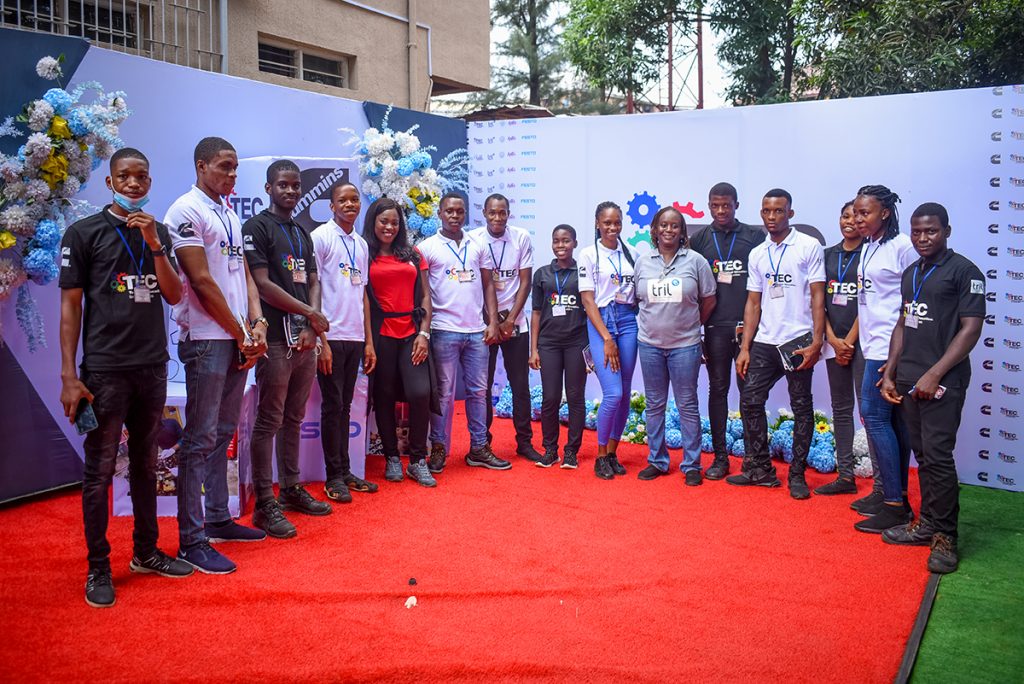Cummins West Africa Limited has launched a Technical Education for Communities, (TEC) programme at John Bosco Institute of Technology, Obosi, Idemili, North Council Area, as part of its corporate social responsibility.
The TEC programme seeks to equip technical institutions with the capacity and equipment to deliver quality technical education to increase the availability of multi-skilled technicians to drive industrial growth in global Communities, with focus to increase female representation in technical fields.

Addressing participants at the launch, the Vice President and MD Cummins Africa Middle East, Mr Thierry Pimi, gave a brief history of the TEC program which was launched globally in 2012 with the mission of training vulnerable youths, with a view to gaining access to jobs in Communities.
He stressed the need to grow a meaningful generation and invest in the future of younger ones through the market relevant curriculum to occupy the engineering space, and announced the partnership with JOBITECH as the second in Nigeria and the twenty seventh globally.

Speaking at the event, the Rector of the Institute, Reverend Father Mathew Adetiloye appreciated Cummins for the synergy and partnering with other organizations in providing world-class learning environment for disadvantaged students, and assured that others will leverage on TEC program to access technical education.
Speaking on behalf of the Onitsha business community, the Chairman of Kates Associate Industry, Chief Ikem Osanakpo, noted that sustainable collaboration has a positive and multiplier effect on the society, urging other industrialists to borrow a leaf and invest in such a laudable initiative.

Earlier, the program Anchor, Mrs Ifeyinwa Alex_Anene, who highlighted their role in community partnership, showcased some of the beneficiaries.
In a lecture, a resource person and Lead Consultant of Tributary Initiative for Learning (TRL) Mrs Eniola Adefioye called on the government to promote the role of Technical Vocation Education Training (TVET) in nation-building and empower more institutions to close the skill gap, noting the low representation of females in the sector.

In a remark, an outstanding female scholarship beneficiary, Miss Anastasia Ukamaka spoke on the program’s value and urgent need for more females from the community to access such opportunities.
Correspondent Odinaka Nwolisa reports that a tour of the facility, commissioning of an electrical workshop, and donation of tools for training and development featured at the launch.









Comments are closed for this post.